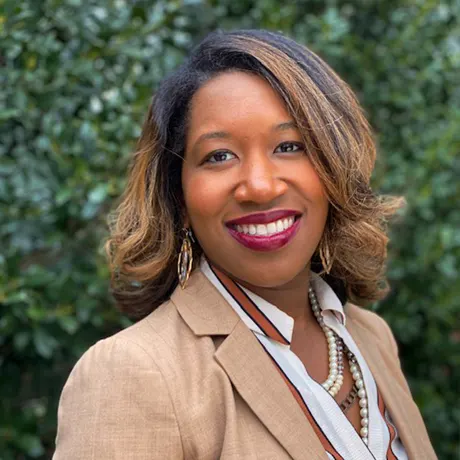Q&A
Perspectives: Is it OK to let kids fail?
4 answers
Many kids who learn and think differently face challenges every day. So it can be hard to see them try something and fail, knowing they’ve already experienced other setbacks.
Is it OK to let kids fail? And what can kids gain from experiencing failure? Here are answers from four Understood experts.

Answer fromKristin J. Carothers, PhD
Experiencing failure helps kids gain valuable life experience. They learn to adapt to stress and push forward when things aren’t easy. Low-stakes activities — like board games or sports — are safe opportunities to learn that failure is a natural part of life.
To help kids learn from failure, ask them to reflect on what happened and problem-solve for next time. Praise kids if they stay calm in response to the disappointment. And help kids learn how to acknowledge others who may have succeeded in the same situation.
It’s not OK to let kids fail if it could cause danger to their physical or emotional health. Avoid putting kids in situations where the odds are stacked against them. For example, if they haven't had a chance to prepare or if they don’t have the same resources as others to succeed.
Kristin J. Carothers, PhD, is a clinical child psychologist.

Answer fromBrendan R. Hodnett, MAT
Failing is another stepping stone in the learning process. We can teach kids to embrace their mistakes as a way of improving themselves. Practicing a reflective process of seeing where they went wrong, making changes, and then trying again increases learning. It also builds resilience and perseverance.
Kids learn best from failure when there’s time for feedback and reflection. This sounds time-consuming, but it doesn’t have to be. It could be as simple as a quick discussion of what went wrong and how to fix it next time.
Brendan Hodnett, MAT, is a special education teacher.

Answer fromKelli Johnson, MA
Kids who get the message that it’s OK to fail learn that it’s OK to try. They’re able to enjoy new activities because the stakes aren’t so high. They also learn to solve problems and understand natural consequences.
It’s important to give kids space to make mistakes and solve problems. But you also need to make judgments about what kids are ready to handle. Make sure they have the tools they need to try and solve the problem on their own.
Kelli Johnson, MA, is an educational speech-language pathologist.

Answer fromMark J. Griffin, PhD
Kids who learn and think differently can gain a lot from failing at something — but only if there’s an opportunity for them to learn from the failure. There has to be a way for them to develop a set of strategies to avoid failure in the future.
A good guideline is to let kids fail when they have a good shot of getting better at problem-solving the next time. This applies to whatever they’re doing — reading, playing a sport, or participating in a club. If kids have no chance of success because of lack of skills or strategies, constant failure only makes things worse.
Mark Griffin, PhD, was the founding headmaster of Eagle Hill School, a school for children with specific learning disabilities.
Learning from failure can build kids’ self-awareness and help them become better self-advocates. But kids may need support to be more willing to take chances and make mistakes.
Families: Find out what to say when your child says “I can’t do it.” And help kids understand that they can succeed even when they fail.
Educators: Learn how the right kind of praise can help your students be willing to try new things.

